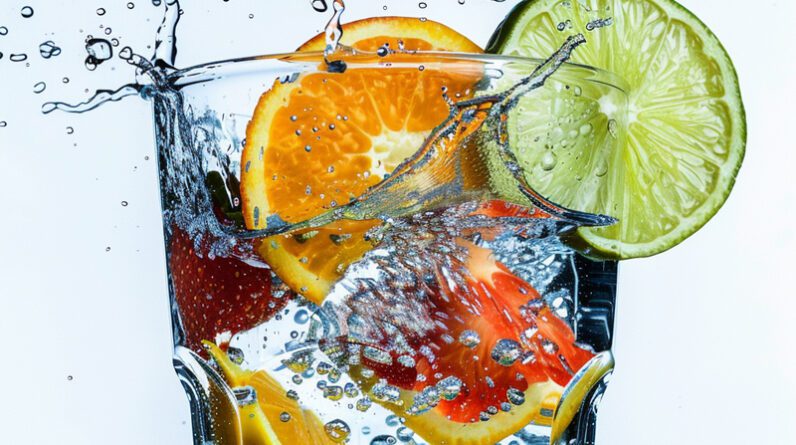The Rebound Effect: Fact or Fiction?
Let’s face it, we’ve all been there. Scrolling through social media, bombarded with influencers touting the latest detox trend, promising a total body reset and rapid weight loss. Juice cleanses, in particular, have gained immense popularity, often portrayed as a magical elixir for shedding those unwanted pounds. But what happens after the cleanse ends and you return to solid foods? Do you gain all the weight back, or is there something more to the story?
Remember that email I got a while back with the subject line, The Shocking Truth About Juice Cleanses? Curiosity got the better of me (as it often does), and I just had to click. The article talked about the dreaded rebound effect, where people supposedly gain back all the weight they lost, and sometimes even more, after finishing a cleanse. It got me thinking about my own experiences and the experiences of friends who’ve tried these liquid detoxes. So, let’s dive into the science and separate fact from fiction.
Understanding Weight Loss During a Cleanse
First things first, it’s important to understand why people tend to lose weight on juice cleanses. The answer is pretty straightforward: calorie restriction. By consuming only juices, you’re drastically reducing your calorie intake, often to levels below your body’s daily needs. This calorie deficit leads to weight loss, but here’s the catch – a significant portion of that weight is water weight, not fat.
See, when you cut back on carbs, your body taps into its glycogen stores for energy. Glycogen is like your body’s readily available energy reserve, and it’s stored along with water. As you deplete these stores, you lose water weight, which can show up as a lower number on the scale. This initial rapid weight loss is often what fuels the excitement and motivation behind cleanses.
The Reality of Post-Cleanse Weight Gain
Now, let’s address the elephant in the room: weight gain after a juice cleanse. When you return to your regular eating habits, it’s highly likely that you’ll regain some of the weight you lost. This is partly because you’re no longer in a calorie deficit and partly because your body starts replenishing those glycogen stores, leading to water weight coming back.
However, it’s important to note that this weight regain isn’t necessarily all fat. It’s a combination of water weight, glycogen stores being refilled, and potentially some fat gain if your calorie intake exceeds your needs consistently over time. The key takeaway here is that the rebound effect isn’t some inevitable consequence of juice cleanses. It’s largely determined by your post-cleanse eating habits.
Sustainable Habits, Not Quick Fixes
So, what’s the verdict on juice cleanses? While they can offer a temporary reset and potentially kickstart healthier habits, they’re not a magic bullet for long-term weight management. The real magic lies in adopting sustainable lifestyle changes that you can maintain over time. This includes a balanced diet rich in whole foods, regular physical activity, and mindful eating practices.
Instead of seeking quick fixes, focus on building healthy habits that nourish your body and support your overall well-being. Remember, sustainable change is a marathon, not a sprint. And who knows, you might just find that ditching the restrictive cleanses and embracing a balanced approach leads to a healthier, happier you in the long run.



